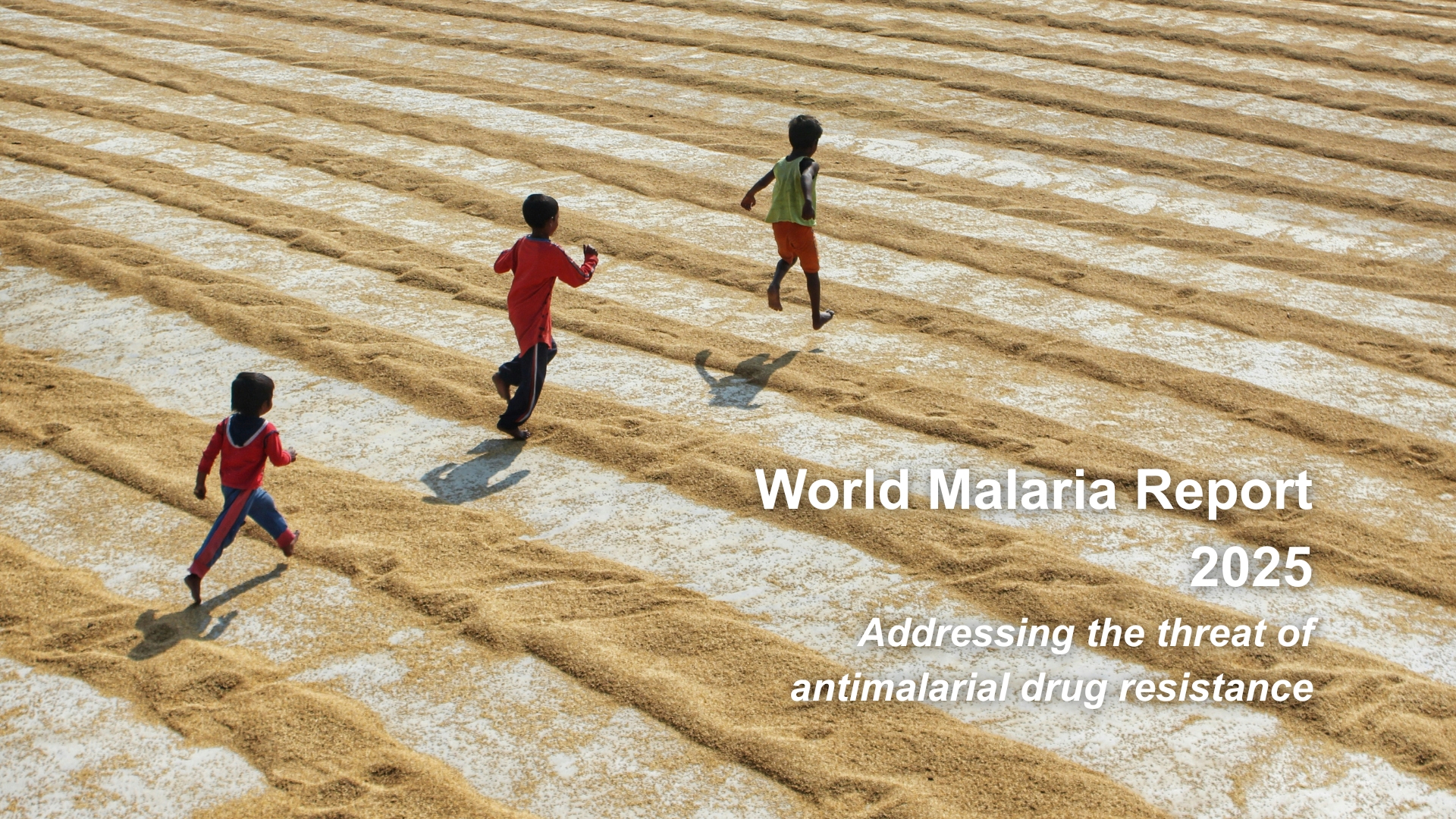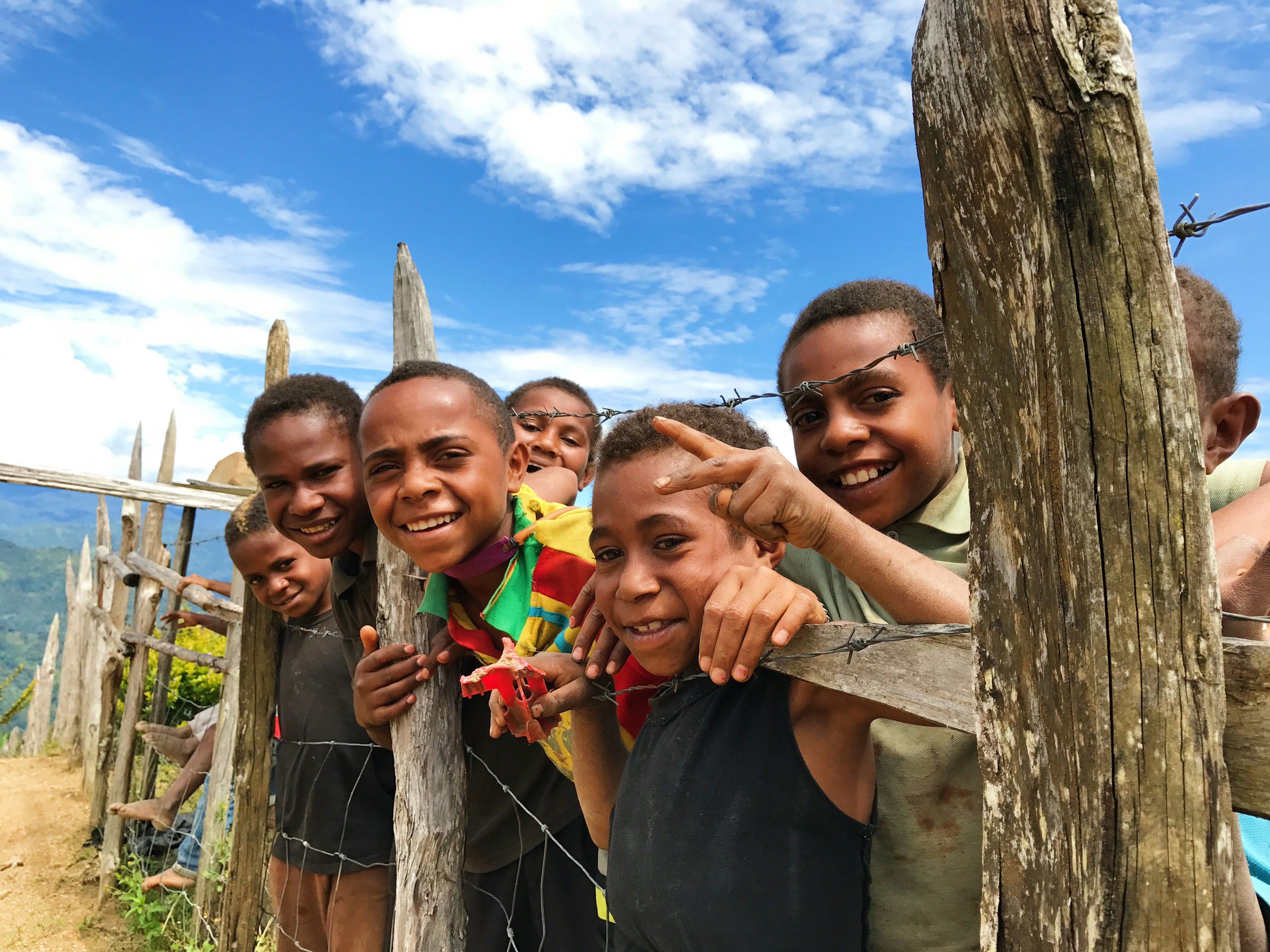
We truly are at a crossroads on the journey to eliminating malaria for good, with malaria-endemic countries increasingly falling into two groups: Those accelerating towards elimination and those advancing more slowly, experiencing setbacks along the way.
After unprecedented global achievements in malaria control since 2000, global malaria data from 2016 shows that progress is stalling. The past two decades put the world on a path to ending malaria for good. But today, that hard-earned success is fragile and uneven, bringing the decline in cases to a halt and putting tremendous advance and investments at risk.
The Malaria Summit: London 2018, taking place alongside the biennial Commonwealth Heads of Government Meeting in April, will bring together global political, business and science leaders to renew global commitments to accelerate progress towards ending humankind’s deadliest killer.
The diverse community of Commonwealth countries is in a prime position to lead us back on track. These nations are home to a third of the world’s population, and nearly one billion of its young people. They endure half of all malaria deaths globally, but also have a wealth of experience and success stories to build on.
In Asia and the Pacific, Commonwealth countries with ongoing malaria transmission have jointly reduced the number of cases by around 35% since 2010. But this average conceals some exemplary countries and others that have slowed or even moved backwards against malaria in recent years.
Sri Lanka experienced around 200,000 malaria cases as recently as 2000. Yet in 2016 it was certified ‘malaria-free’ by the World Health Organization (WHO), having successfully halted all local transmission since 2012.
Since 2010, Bangladesh and Malaysia have reduced their malaria cases by over 90%, the Pacific nation Vanuatu by over 70%. India, Pakistan and the Solomon Islands have reduced their malaria burden by a third or less. In the same period, Papua New Guinea’s malaria cases have actually increased, by about 5%.
Commonwealth countries also play critical roles as advocates and supporters of the Asia Pacific malaria response and are part of the explicit political commitments that have firmly established the 2030 regional malaria elimination goal.
Following a ground-breaking ‘Malaria 2012’ conference hosted in Sydney, Australia has been a consistent champion for ending malaria. Singapore is an important source of technical and policy expertise on health security in the region, and India is the single largest supplier of generic antimalarial medicines globally.
The Malaria Summit: London 2018 must prompt urgent and concerted action by all stakeholders to get malaria progress back on track. To do so, we need to renew global commitment to continue down the path of progress and ending malaria for good.
Commonwealth leaders have a chance to change the course of history and save millions more lives by uniting to fight malaria around a ‘Commonwealth Malaria Action Plan’ that delivers accelerated progress.
We have a choice to let malaria go on killing almost half a million people a year or be the generation that ends it for good. Malaria must die.
.svg)


.jpg)






